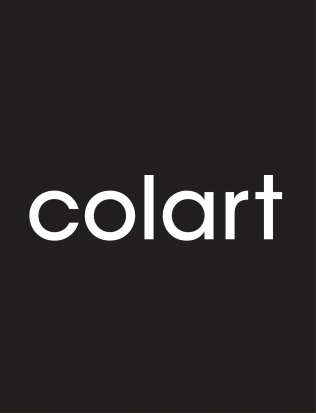Brushing Up On Double Materiality

It was great to work with Junxion. The project was done on a very tight schedule and I really appreciated Junxion’s efficiency and professionalism.
Case Study Download
Ready to take your reporting to the next level?
Our consultants are ready to help you create groundbreaking sustainability reports.

